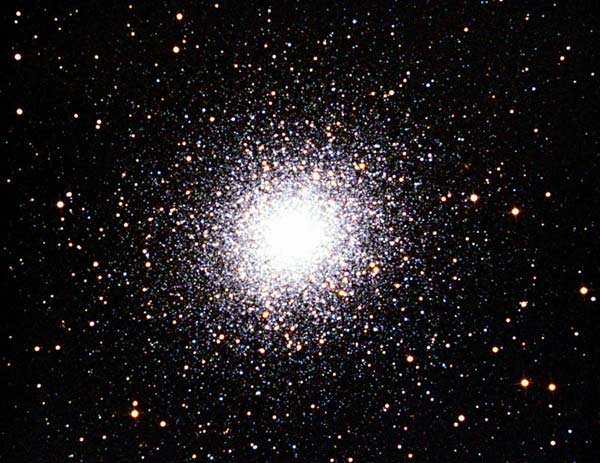M
marcel_leonard
Guest
My 3 questions to the Forum is this.........1.) Is it possible for a Earth-sized ice covered Rough Planet to move into a Goldie-lock-zone-orbit around our Sun??? 2.) Would this have adverse effects on the Earth because of changes in the Solar systems gravity well? 3.) Could this lead to us being able to terraform it into a Earth like planet? 



